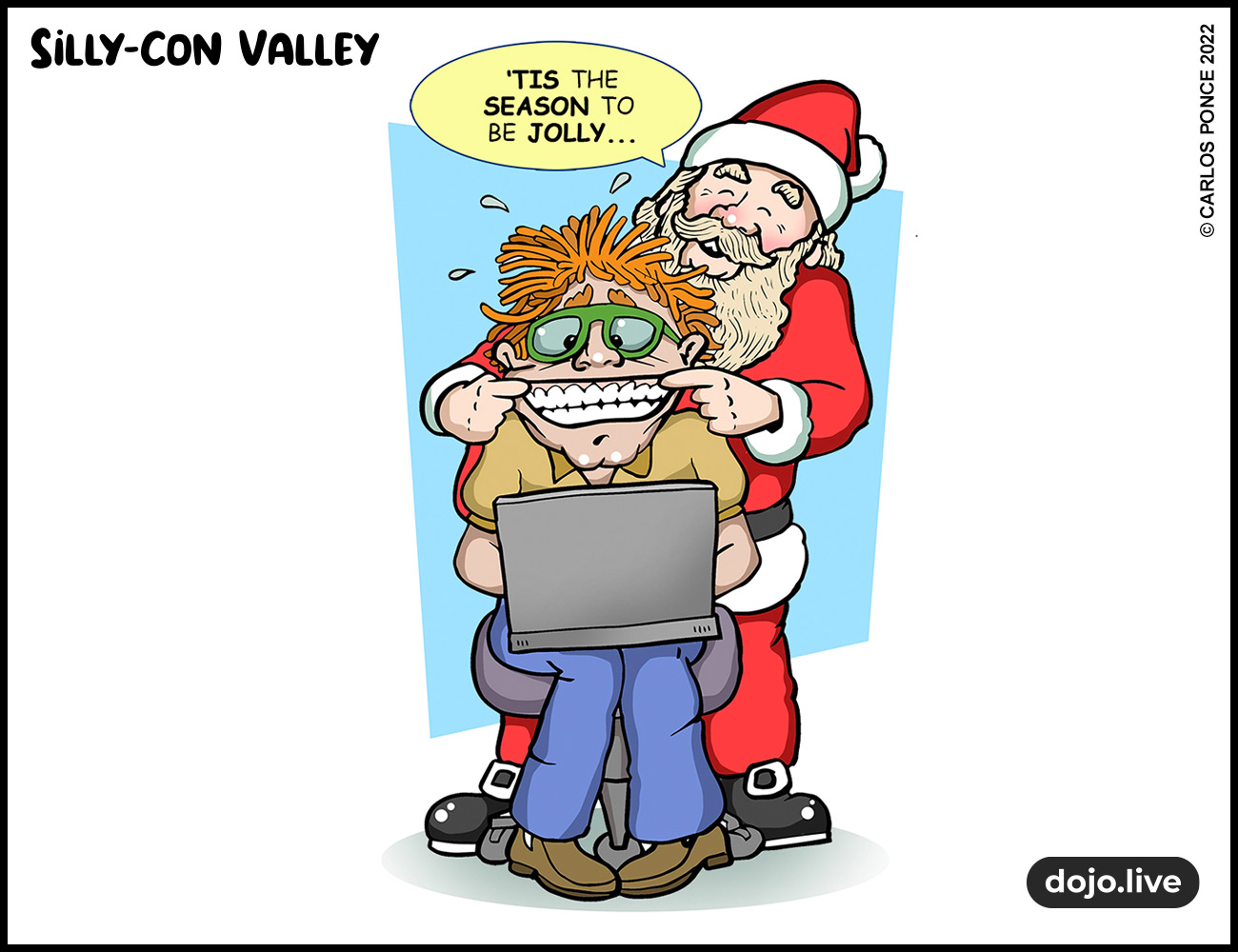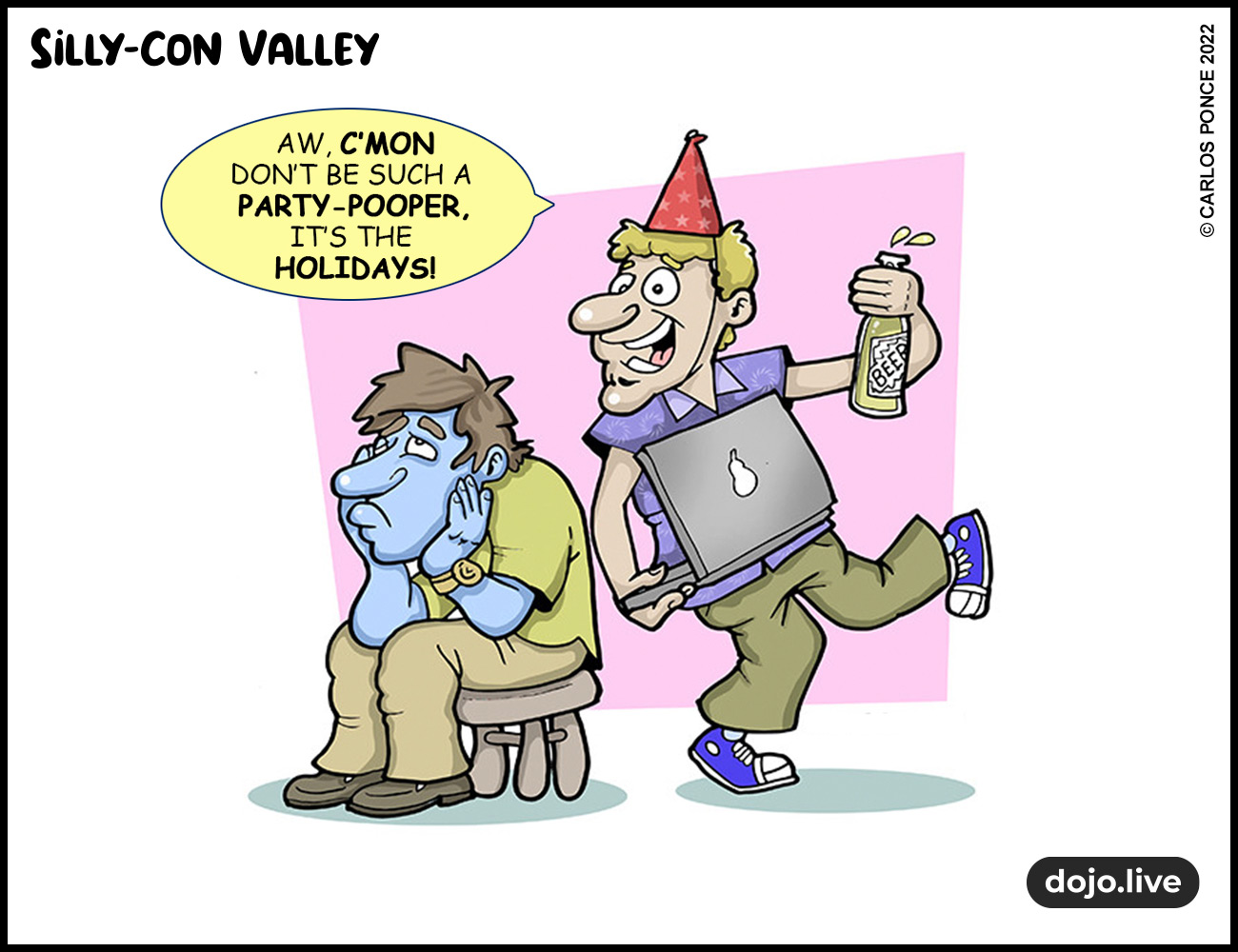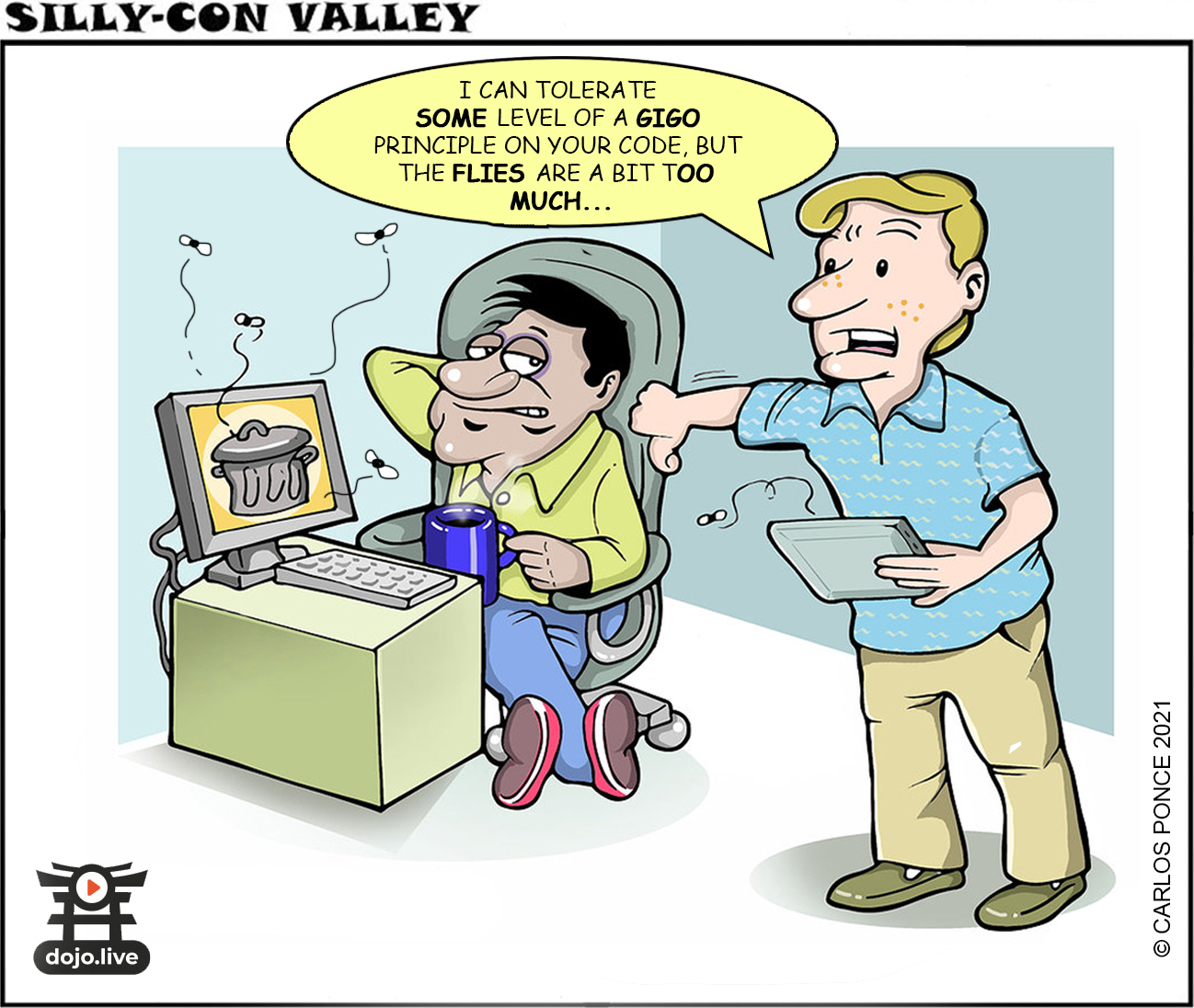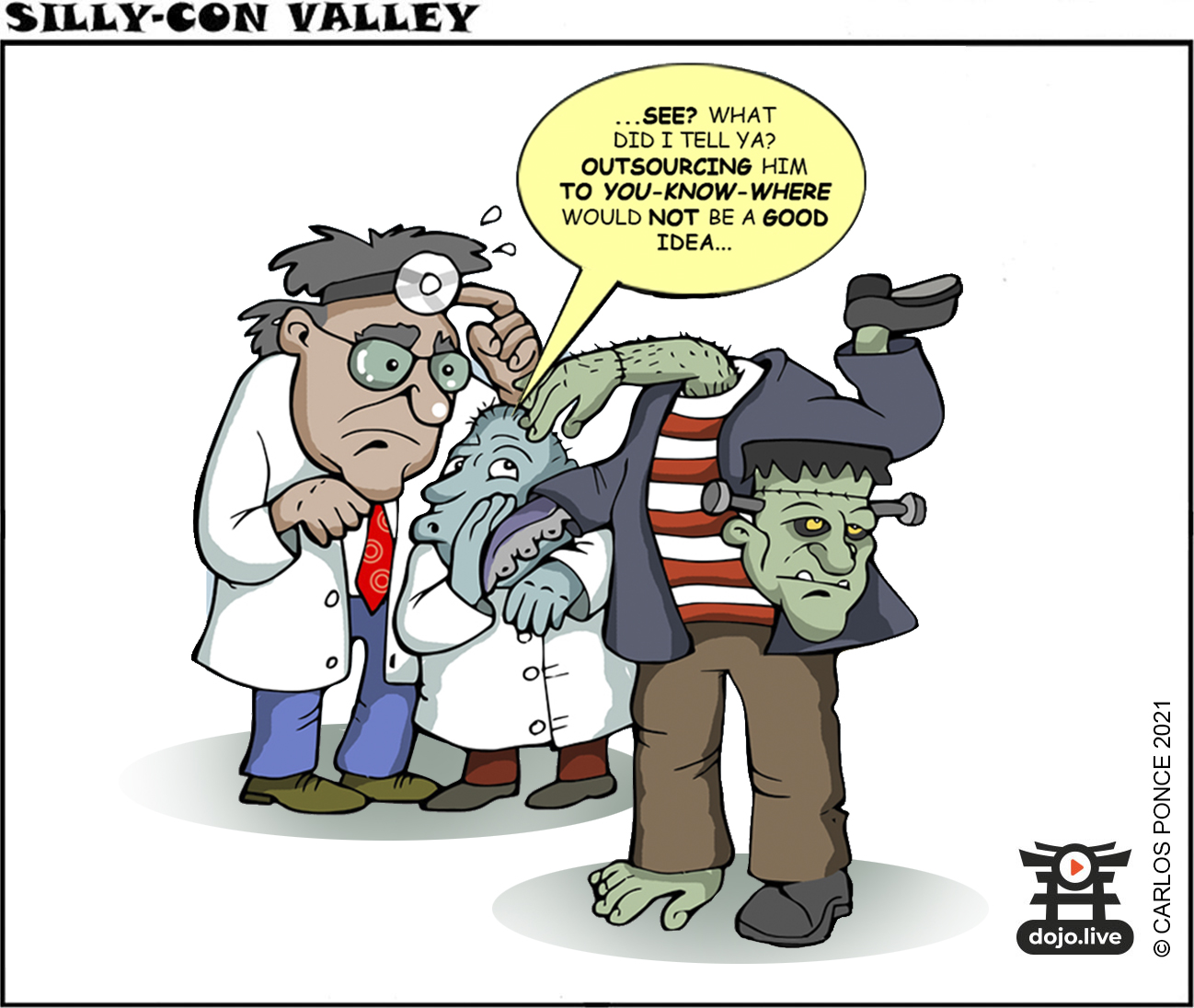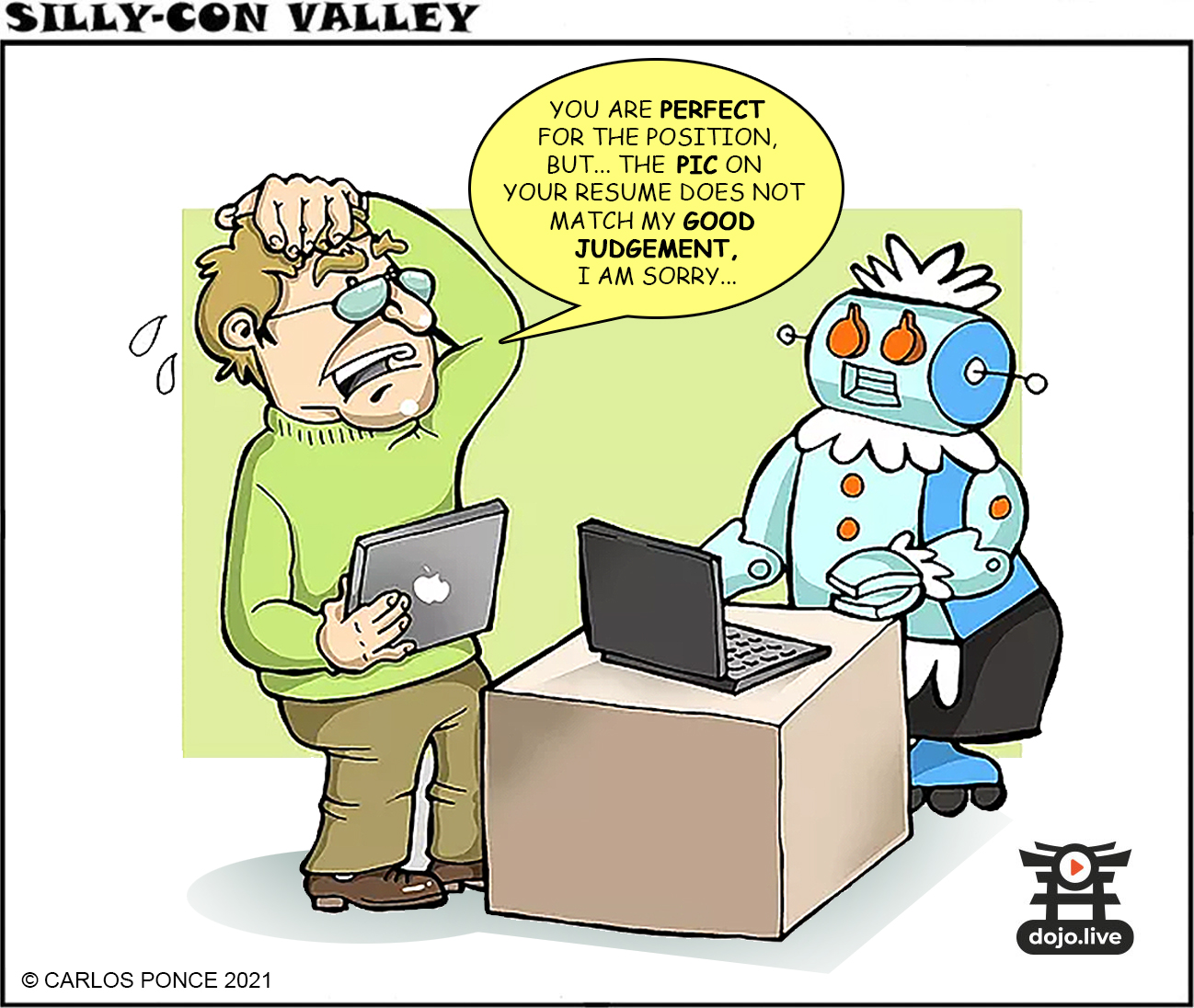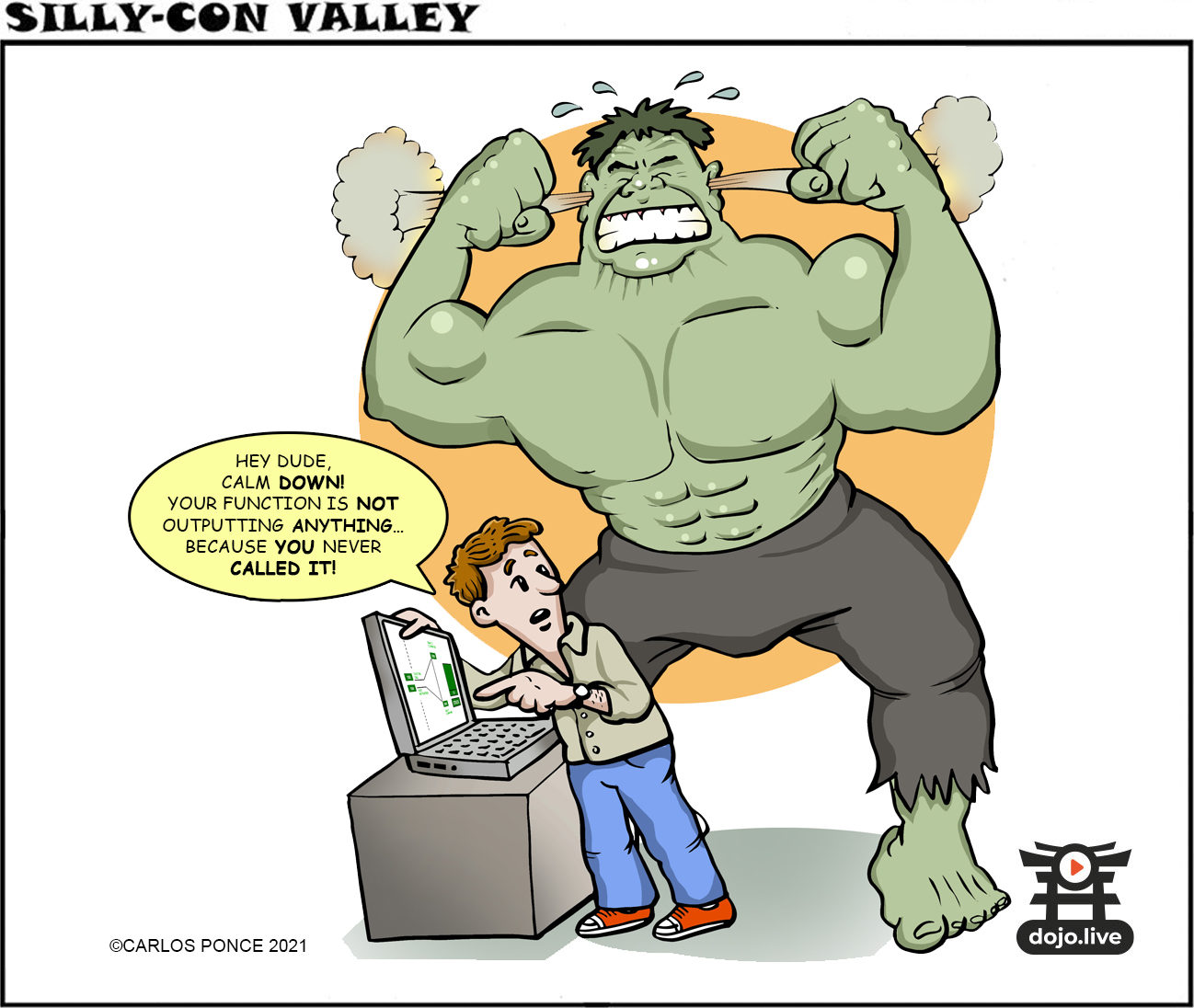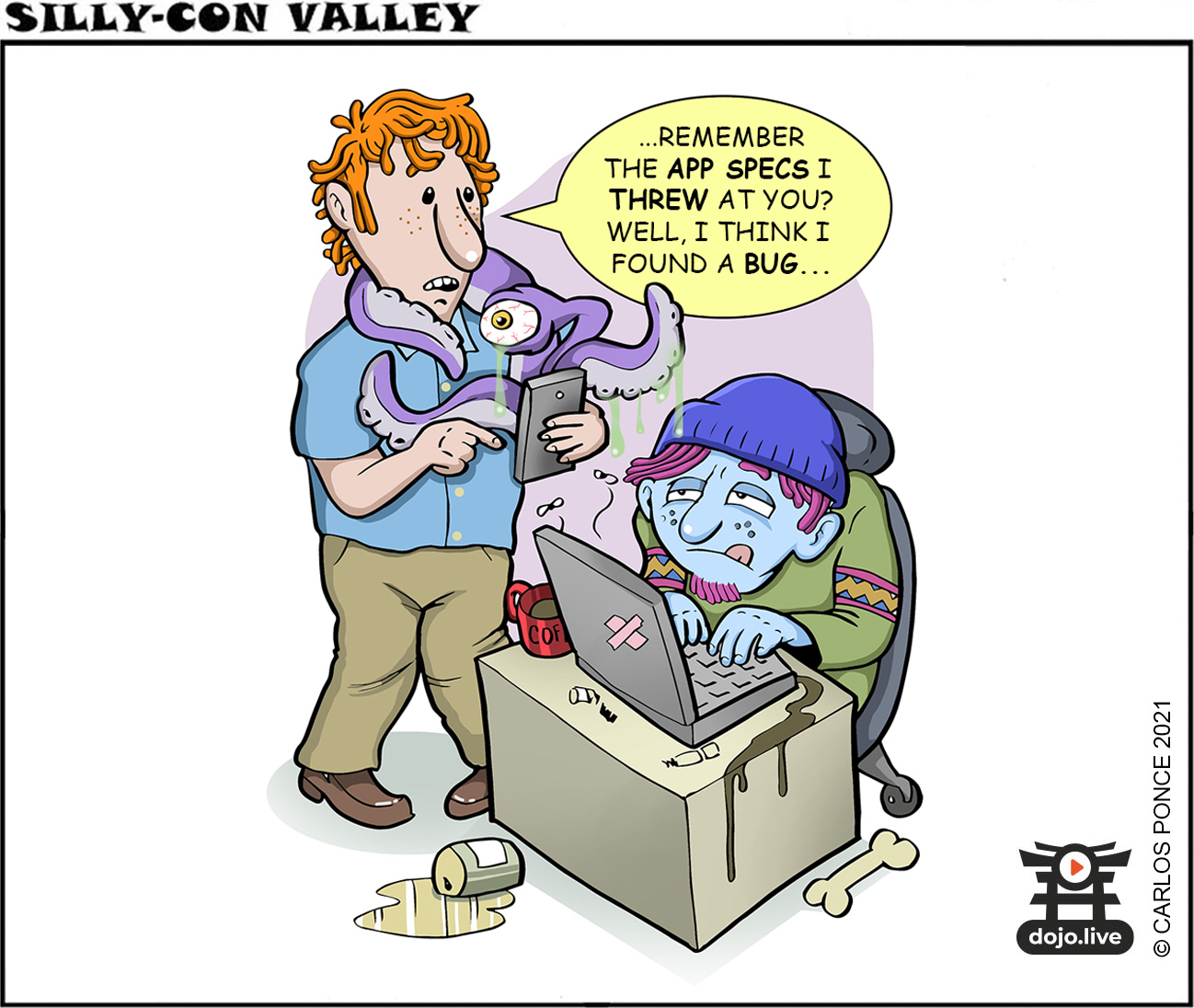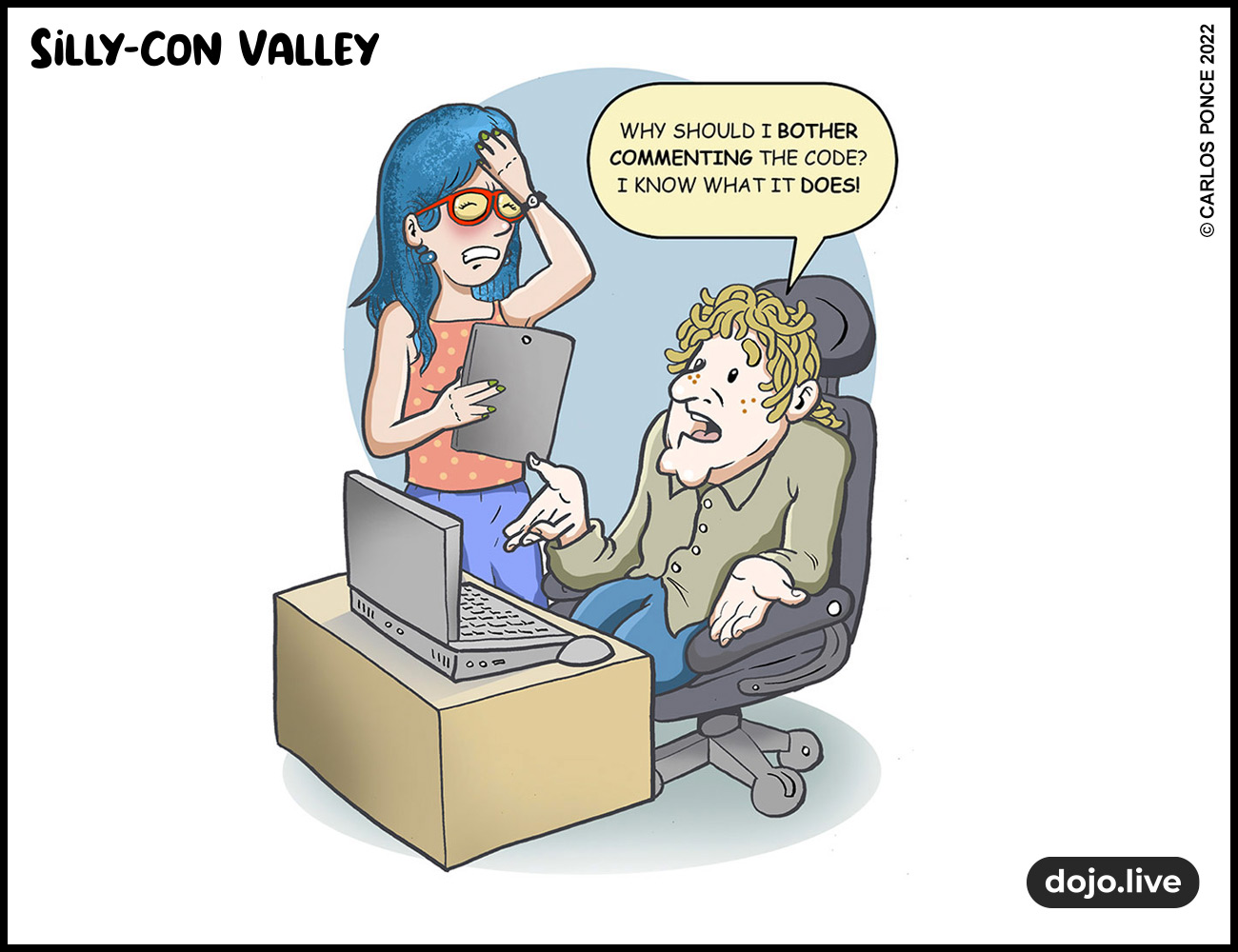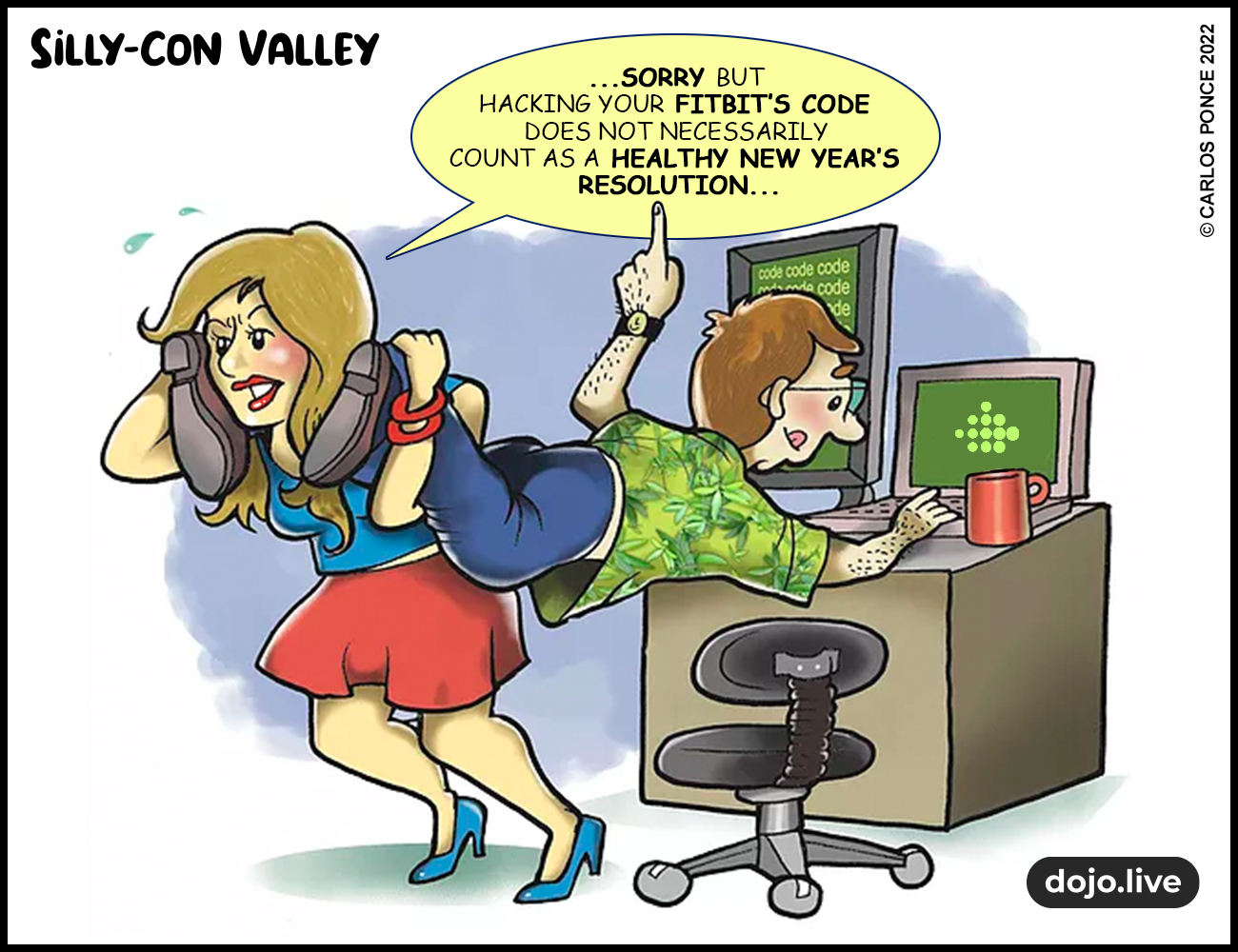
Dust off that ping pong table! 2022 is right around the corner. Clichés aside, there are some widely known and validated Universal truths about how staying healthy physically, emotionally and mentally has an impact on your dev team’s coding skills. As a CTO, you could perhaps encourage your team to just make getting healthier a Read More…
